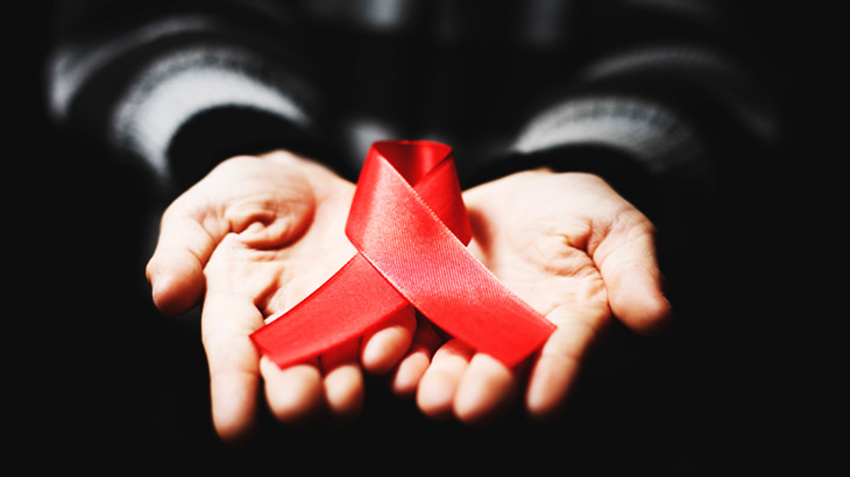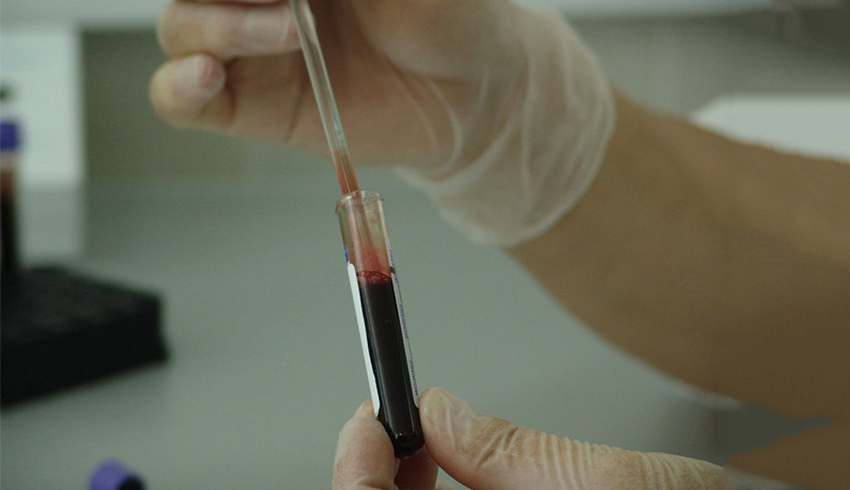Blog
AIDS: Everything to be known

AIDS (Acquired immunodeficiency syndrome) has become very common among the public and most of us are aware of the reasons for the spreading of HIV virus since our high school classes itself. But in this article, I would like to bring your attention to a detailed structure of the causes and symptoms of AIDS. AIDS is a chronic, potentially life-threatening condition caused by the human immunodeficiency virus (HIV). HIV is a virus that targets and alters the immune system, increasing the risk and impact of other infections and diseases. By damaging your immune system, HIV interferes with your body’s ability to fight the organisms that cause disease. If HIV is left untreated, a person’s immune system will get weaker and weaker until it can no longer fight off life-threatening infections and diseases. It may take up to 10 or 15 years for the immune system to be so severely damaged that it can no longer defend itself at all. However, the rate at which HIV progresses varies depending on age, general health, and background. Without treatment, the infection might progress to an advanced disease stage called AIDS.
There’s no cure for HIV/AIDS, but there are medications that can dramatically slow the progression of the disease. These drugs have reduced AIDS deaths in many developed nations. Many scientists are working to find a cure. However, with medical care, including a treatment called antiretroviral therapy, it’s possible to manage HIV and live with the virus for many years. Untreated, life expectancy with AIDS is about three years. With antiretroviral therapy, HIV can be well-controlled and life expectancy can be nearly the same as someone who has not contracted HIV. People with HIV can enjoy a long and healthy life by taking antiretroviral treatment which is effective and available to all. Once a person has HIV, the earlier they are diagnosed, the sooner they can start treatment which means they will enjoy better health in the long term.
Most people infected by HIV develop a flu-like illness within a month or two after the virus enters the body. This illness, known as primary or acute HIV infection, may last for a few weeks. Possible signs and symptoms include Fever, Headache, Muscle aches, and joint pain, Rash, Sore throat and painful mouth sores, Swollen lymph glands, mainly on the neck. These symptoms can be so mild that you might not even notice them. However, the amount of virus in your bloodstream (viral load) is quite high at this time. As a result, the infection spreads more easily during primary infection than during the next stage.
If AIDS does develop, it means that the immune system is severely compromised. It’s weakened to the point where it can no longer fight off most diseases and infections. That makes the person vulnerable to a wide range of illnesses, including Pneumonia, Tuberculosis, Oral thrush, a fungal infection in the mouth or throat, Cytomegalovirus (CMV), a type of herpes virus, Cryptococcal Meningitis, a fungal infection in the brain, Toxoplasmosis, a brain infection caused by a parasite, Cryptosporidiosis, an infection caused by an intestinal parasite, Cancer, including Kaposi’s sarcoma (KS) and Lymphoma. The shortened life expectancy linked with untreated AIDS isn’t a direct result of the syndrome itself. Rather, it’s a result of the diseases and complications that arise from having an immune system weakened by AIDS.
People transmit HIV in bodily fluids, including blood, semen, vaginal secretions, anal fluids, and breast milk. The main causes of this transfer of fluids are vaginal intercourse with a person who has HIV while not using a condom or PrEP, a preventive HIV medication for people at high risk of infection, sharing equipment for injectable illicit drugs, hormones, and steroids with a person who has HIV. A woman living with HIV who is pregnant or has recently given birth might transfer the disease to her child during pregnancy, childbirth, or breastfeeding. The risk of HIV transmitting through blood transfusions is extremely low in countries that have effective screening procedures in place for blood donations.
You can’t become infected with HIV through ordinary contact. That means you can’t catch HIV or AIDS by hugging, kissing, dancing or shaking hands with someone who has the infection. HIV isn’t spread through the air, water or insect bites. There’s no vaccine to prevent HIV infection and no cure for AIDS. But you can protect yourself and others from infection. Use a new condom every time you have sex, tell your sexual partners if you have HIV, use a clean needle, if you’re pregnant, get medical care right away. If you’re HIV-positive, you may pass the infection to your baby. But if you receive treatment during pregnancy, you can cut your baby’s risk significantly.
If you think you may have been infected with HIV or are at risk of contracting the virus, see a health care provider as soon as possible. You can undergo ELISA (Enzyme-linked immunosorbent assay) test if your doctor prescribes.









